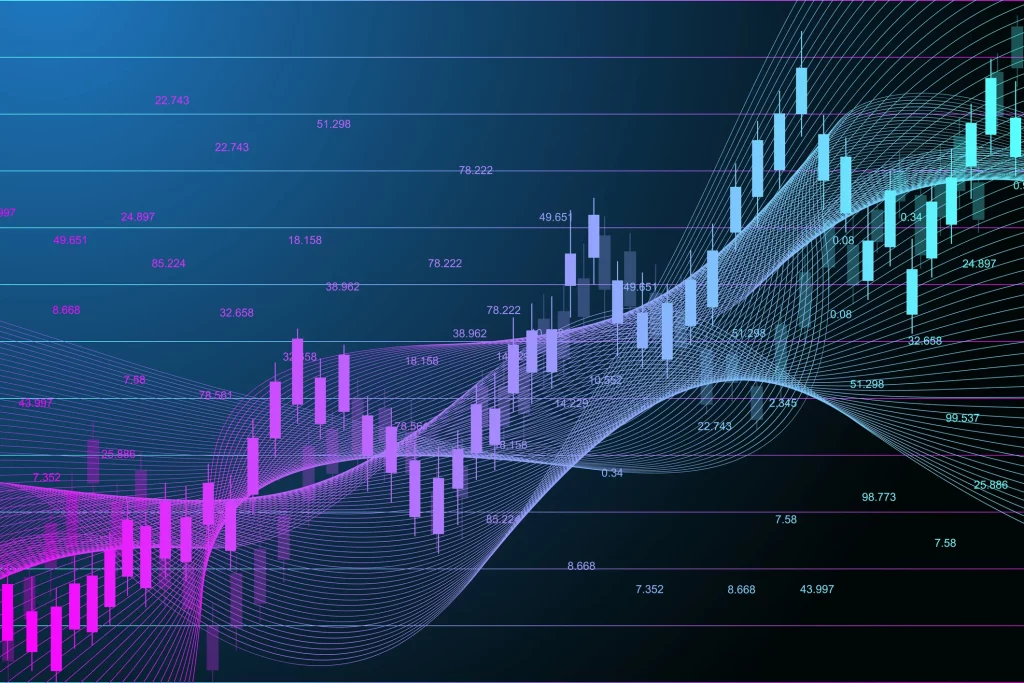In the 21st century, trading has become a very big industry. Whether it be something new and exciting, like cryptocurrency, or just good old fashioned stocks, more and more people are becoming invested in and curious about trading. With that being the case, it isn’t a surprise to learn that most traders are rather young. Whether powered by the overconfidence of youth, or as the result of a general ill-equippedness, many young traders plunge into exchanging assets, without a general understanding of certain terms that must be known. So, in this article, we would like to give you a short and succinct list of terms and explanations that you should be familiar with before you start trading.
Online Trading Platforms
The first thing to look into are online trading platforms. Certainly, most younger folk will be aware of this phenomenon. After all, who doesn’t use the internet in 2022? We use it for everything, from shopping, to playing games, to working. So naturally, many will also use it for stock trading.
If, however, you are not familiar with online trading, then click here to see a list of some of the best trading platforms available online today. When looking for the best platforms, you are going to want to look for a platform that offers wide range of stocks, but also alternative options, such as forex exchange or crypto.
Many of these websites make security a top priority, so look out for the ones that especially put an emphasis on keeping you and your data safe.
Day Trading
Those who have been trading for even a short while, must have heard the term day trading floating around. If you are still unfamiliar with what this means, allow us to explain. As the name might suggest day trading refers to purchasing assets and then selling them before the 24 hours are up. Simply put, it refers to trading in one day.
At first glance, this might sound like quite the simple practice. However, be warned that day trading is a very complicated process, that involves a lot of strategy, insider knowledge, and business savvy. It is not a practice that is recommended for people who are new to stock trading. However, that being said, it is a term that you should be aware of and keep in mind, as it might come useful some day in the future.
Bear vs. Bull
Even those who aren’t interested in trading whatsoever must have, at some point, heard the terms bear market and bull market. So, just what do these terms mean? Some might be able to discern the meaning of bull market, based on the Charging Bull statue. This statue represents financial optimism in the wake of a depression, so based on that, we can come to the conclusion that a bull market means a market that is prospering after seeing a spike in growth.
On the other hand, the term bear market is quite a bit more pessimistic. The term is derived, supposedly, from the way that a bear might attack its prey. By swiping its paws downward, and delivering a killing blow. Based on that, we’re sure you can already guess that a bear market is a term for a market that is seeing a big spike in growth, after it has been prospering for a long time. In order to be called a bear market, the stock must be plummeting by at least 20%.
Haircut
No, we are not switching over to fashion. Despite the rather silly name, a haircut is a term that every trader must be familiar with, as it directly impacts the amount of money you are going to be earning. In essence, a haircut is a term which refers to the difference between the value of a certain stock, and the amount of money that the bank is willing to pay out for it. After all, banks need to make a profit, and so they will recognize a certain amount of cash as collateral. That cash is often referred to as the haircut.
The term can also have another meaning. Sometimes it can be used to talk about the difference between the market maker’s asking price, and the bid placed on the stock.
FOMO
While not really a term used in stock trading exclusively, FOMO is a phenomenon that every trader should be familiar with. An abbreviation for the fear of missing out, FOMO is a very dangerous feeling for any broker. It might result in making any number of bad decisions, especially if you are rather new and inexperienced.
How it manifests among stock traders is simple. A new trader will notice a certain stock suddenly surge in value. They will, naturally, want to get a slice of the pie. But, by the time they’ve seen it, the price is already too high, and it is unlikely that it will go any higher. This might result in disappointment, or worse yet, a loss of revenue.

